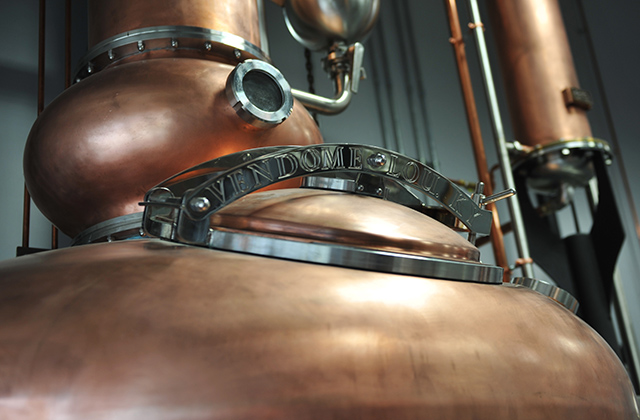
Having even more creative outlets is a habit that Brett Joyce and other brewery owners always seem to try to find. Although not created purely as a revenue stream, the addition of craft spirits to a brewery’s lineup may not always be lucrative, but it can be rewarding.
“We are quintessential entrepreneurs,” said Joyce, whose Rogue Ales and Spirits began distilling in 2003. “We like the journey of doing something we haven’t done before. We aren’t afraid to take things on and not know where it’s going. It’s more important to start something than know where it’s going to end up.”
Craft breweries opening up the door to craft distilling has started to catch on and breweries big and small are adding resources to the cause.
Dogfish Head started to experiment with craft spirits as far back as 2002. In 2015, it relocated its distilling production from Rehoboth Beach, Delaware to its brewery production facility up the road in Milton.
“Distilling was a natural extension, as we saw an opportunity to apply the same off-centered lens, as well as commitment to quality and consistency to our spirits program that we do with our beer,” said the general manager of Dogfish Head Distilling, James Montero.
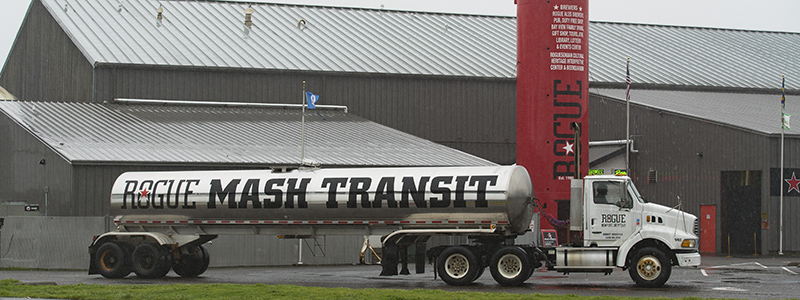
Dogfish Head purposely built its new distillery within its existing brewing campus to tap into the same ingredient suppliers, brewing expertise, equipment and capacity.
“By offering craft spirits to complement our craft beer portfolio, we expand possible drinking occasions for our brand among beer drinkers,” Montero explained. “Further, for those consumers that may make an emotional connection to the Dogfish Head brand but prefer spirits over beer – we now offer them something for those cocktail occasions.”
Being an established name doesn’t hurt either.
“By applying the same philosophy to our spirits program, we are able to focus our sales and marketing investment more effectively,” Montero said.
But can it be profitable?
More than a decade in, Joyce says that what Rogue Spirits does is a very small part of the business model.
“It was a creative outlet,” he said about why it was even began. “It’s complementary to what we do as a brewery and the cross pollination is great.
“We can take Dead Guy Ale’s base and distill it into whiskey, we take those barrels and do something fun with those. The interplay is a lot of fun for us.”
Although not open yet, a distillery was on the mind of Sun King Brewing co-founder Dave Colt before the brewery even began operations in 2009. Now, as one of the largest breweries in Indiana, the Indianapolis-based brewery is set to open its distilling operation in late 2017.
Having breweries like Rogue, Dogfish Head and New Holland Brewing as pioneers in the craft beer to craft distillery crossover has been a help Colt said. Plus, he said, it looks like fun and is a burgeoning market.
He noted that the multiple use of barrels with some small cost savings in being able to flip the barrels from beer to spirits helps tell a great story.
“If done right it can be fairly profitable,” he said.
But knowing the beer business doesn’t mean you can buy some equipment, flip a few switches, move some staff around and make a profit. A distilling project for any brewery means time, effort and knowledge. For as much as distilling and brewing are similar, it is also vastly different.
“The ingredients, processes, equipment and expertise that go into making a really good beer are just as important in making a wash for a high quality spirit,” Montero said.
Added Joyce: “Hiring people to do it helps. Finding the skills on the personal side is important.
“You can also train brewers to distill, but it’s not as simple as saying ‘you understand fermentation, now you are a distiller.’ We have in-house expertise and we can cross train people. I’m still blown away by the “magic” of it and how the flavors are imparted by the still. There is a lot of unique things to spirits. The more we learn, the more we see how markedly it is different.”
Also, the capabilities required for a distributor to successfully sell spirits is very different than the capabilities required to sell beer. The value-story to a retailer is different for beer versus spirit and retail accounts are often much different. Just think of a typical beer bar versus a cocktail bar.
Montero also pointed out that delivery frequency and expiration are other factors that are dissimilar. Also, many times, distribution partners may be different.
“We have some places where we share, but might be dealing with two wholesalers in the same market,” Joyce said about Rogue, noting that 17 states in the U.S. are control states with state-run distributors, meaning a much different route to market.
“It’s a whole different process,” he said.
Montero said that Dogfish has been able to tap into existing relationships to support the spirit products when it comes to raw materials. King added that he expects Sun King to do the same with some companies he has worked with in the past as well.
“We don’t have to reinvent the wheel in making relationships,” he said.



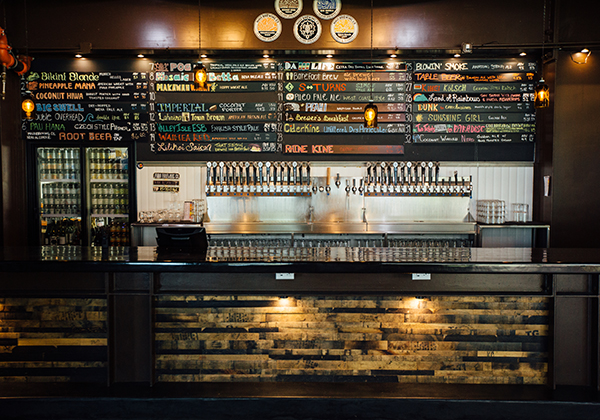
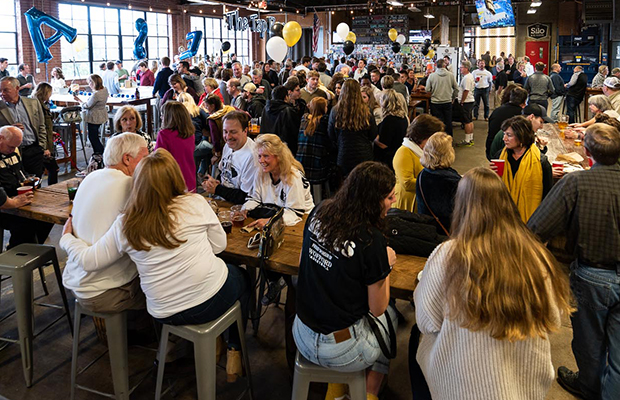
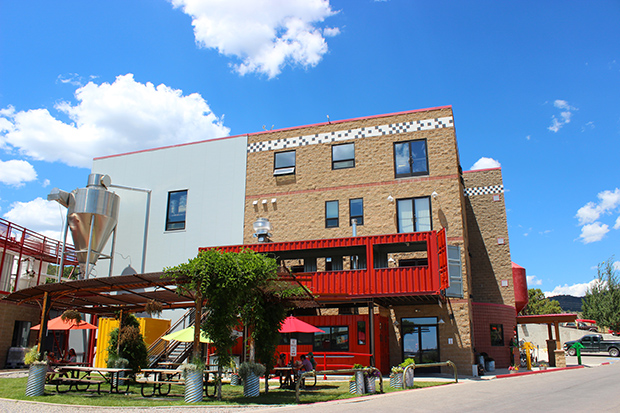
Be the first to comment